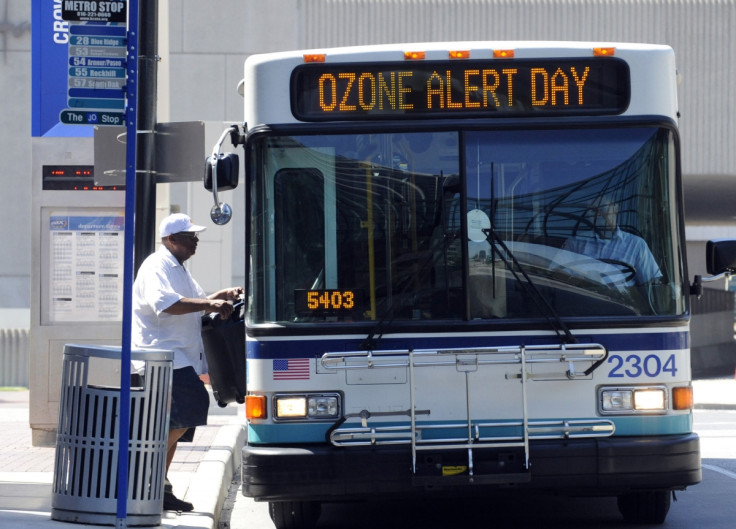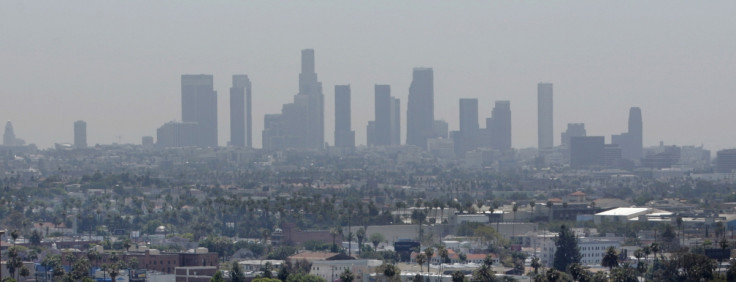Risk of Unhealthy Ozone Levels 'to Increase by 70% by 2050' for All Americans

All Americans are facing a significant increase in the risk of unhealthy summertime ozone levels by 2050 as a result of climate change, researchers have said.
Ozone pollution across the US will increase by 70% during the summer months within the next 40 years, a study from the National Centre for Atmospheric Research (NCAR) has found.
Published in the Journal of Geophysical Research-Atmospheres, the report authors found that warmer temperatures and other changes to the atmosphere as a result of manmade climate change lead to chemical reactions leading to ozone.
Lead author Gabriele Pfister said: "It doesn't matter where you are in the United States – climate change has the potential to make your air worse. A warming planet doesn't just mean rising temperatures, it also means risking more summertime pollution and the health impacts that come with it."
The researchers say that unless pollutants associated with the formation of ozone are cut then all Americans will experience several days of unhealthy air during the summer months. Heavily polluted areas where ozone already exceeds safe levels will face unhealthy air throughout the summer.

The report found that a sharp reduction in the emissions of specific pollutants would dramatically decrease the levels of ozone, despite global warming.
Pollution from ozone is not emitted directly. Rather, it forms through chemical reactions between nitrogen oxides and volatile organic compounds in the presence of sunlight.
Unlike the ozone layer, which protects Earth by blocking ultraviolet radiation from the sun, ground-level ozone can cause health problems including coughing, throat irritation, asthma aggravation, bronchitis and emphysema. Plants and crops can also be damaged.
Researchers looked at what will happen if emissions continue at their current levels, and then if they were cut by up to 70%. If emissions continue at current levels, the times when ozone exceeds 75 parts per billion – the threshold considered unhealthy – would increase by 70%.
If emissions were reduced, ozone reaching unhealthy levels would drop to less than 1% of present times.
"Our work confirms that reducing emissions of ozone precursors would have an enormous effect on the air we all breathe," Pfister said.
© Copyright IBTimes 2024. All rights reserved.






